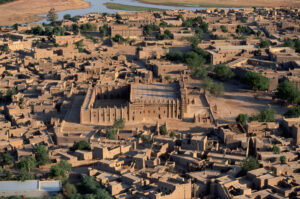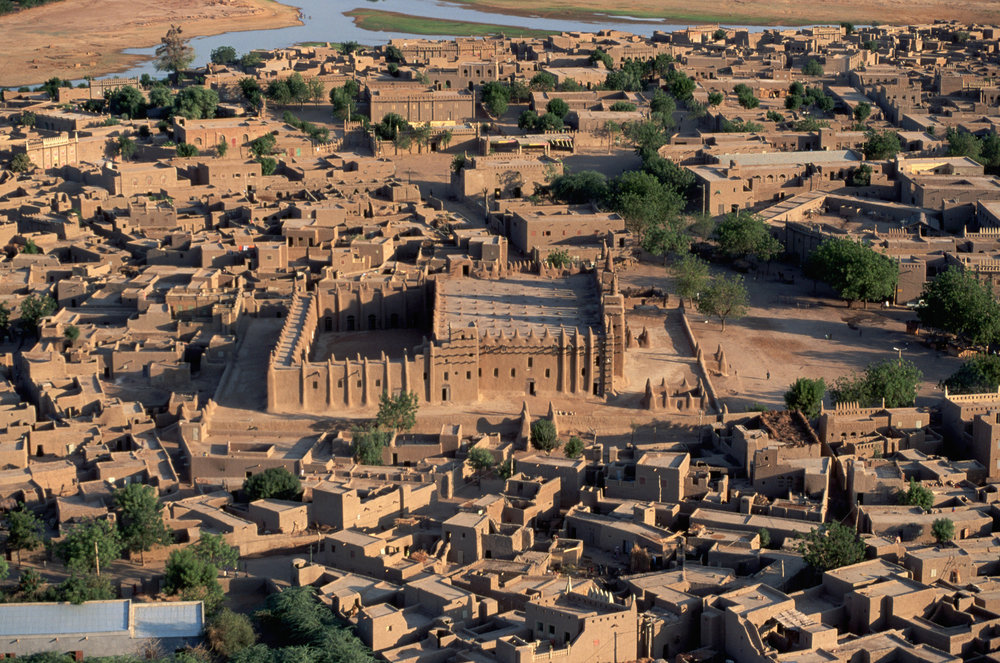For centuries before colonial powers carved arbitrary borders across the continent, Africa was shaped by kingdoms and empires whose political systems, economies, and cultures defined regional life and influenced the wider world. These kingdoms were not monolithic; each developed unique traditions of governance, trade, and social organization, but together they reflect the rich diversity of African statecraft. Far from being mere footnotes in history, African kingdoms played vital roles in advancing civilization, fostering identity, and creating legacies that continue to echo in modern societies.
In West Africa, kingdoms such as Ghana, Mali, and Songhai thrived as centers of wealth and power. Ghana, the earliest of these empires, prospered from its control of trans-Saharan trade routes, exporting gold and salt that became lifelines for distant economies. Mali rose to prominence in the 13th century, reaching its zenith under Mansa Musa, whose legendary pilgrimage to Mecca in 1324 demonstrated the empire’s staggering wealth and cultural influence. Timbuktu became synonymous with knowledge, housing scholars, libraries, and universities that positioned the empire as an intellectual beacon. The Songhai Empire succeeded Mali, extending authority across vast territories while maintaining complex administrative systems and vibrant commercial networks. These kingdoms proved that Africa was not isolated but deeply interconnected with the world through trade, scholarship, and diplomacy.
In the heart of Southern Africa, the Kingdom of Great Zimbabwe flourished between the 11th and 15th centuries, leaving behind monumental stone structures that remain some of the most impressive ruins on the continent. These walls and enclosures, constructed without mortar, attest to advanced engineering and a thriving urban society engaged in international trade. Archaeological findings reveal connections with the Indian Ocean trading world, where goods such as ivory and gold from Zimbabwe reached distant shores in Asia. The kingdom’s legacy reminds us of Africa’s role as a dynamic player in global exchange long before colonial intrusion.

East Africa’s Swahili Coast was home to city-states such as Kilwa, Mombasa, and Zanzibar, which thrived between the 10th and 16th centuries. These coastal kingdoms blended African, Arab, and Persian influences, creating a unique Swahili culture characterized by language, architecture, and trade. Merchants exported ivory, spices, and gold while importing textiles and ceramics, making the region an integral link in the Indian Ocean network. The Swahili kingdoms highlight Africa’s ability to synthesize cultures while maintaining a strong identity rooted in local traditions.
In Central Africa, the Kingdom of Kongo emerged as a significant power from the 14th century. Its rulers established centralized governance and embraced Christianity following contact with Portuguese traders in the 15th century. For a time, Kongo maintained a delicate balance between diplomacy and resistance, navigating the challenges of European influence and the pressures of the transatlantic slave trade. Its story illustrates both the resilience and vulnerability of African kingdoms in the face of external forces.
Further south, the Zulu Kingdom in the 19th century demonstrated the power of military innovation and centralized leadership. Under Shaka Zulu, the kingdom expanded rapidly, employing new tactics and weapons that made it a formidable force in Southern Africa. Though often remembered for its military might, the Zulu Kingdom also played a crucial role in reshaping regional politics and identity, leaving a cultural legacy that endures in South Africa today.
These kingdoms were not isolated phenomena but parts of a larger continental pattern of governance and identity. They produced systems of law, taxation, and diplomacy that rivaled those of Europe and Asia. They invested in education, art, and architecture, cultivating societies that were complex and resilient. More importantly, they provided models of leadership and unity that continue to inspire Africa in its modern quest for stability and development.
The role of African kingdoms in history cannot be reduced to romanticized nostalgia or dismissed as relics of the past. They are reminders that Africa’s political and cultural sophistication long predates colonialism. Their legacies live on in languages, traditions, and cultural pride, shaping how modern African states understand themselves. By honoring them, the Africa Hall of Fame emphasizes that Africa’s greatness is not confined to moments of resistance or modern achievements, but deeply rooted in centuries of statecraft, creativity, and vision that helped shape the world.


Leave a Reply